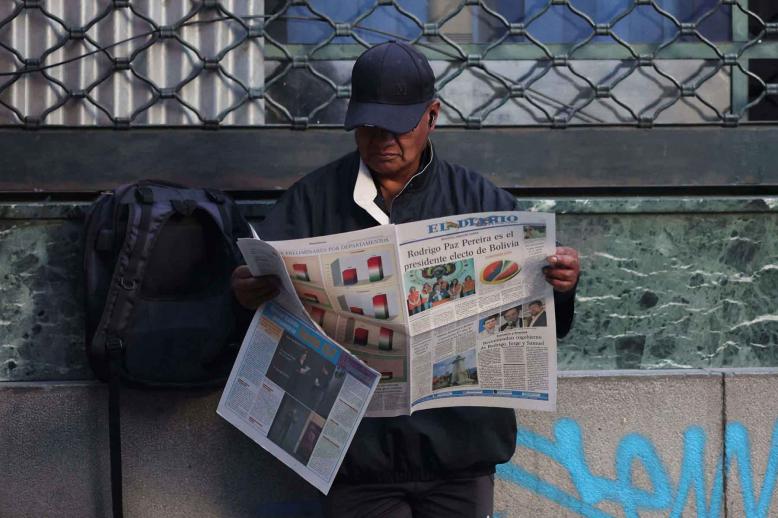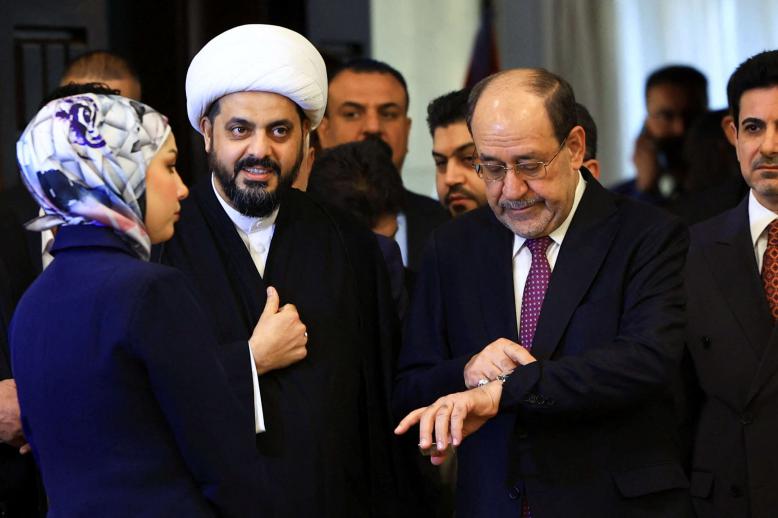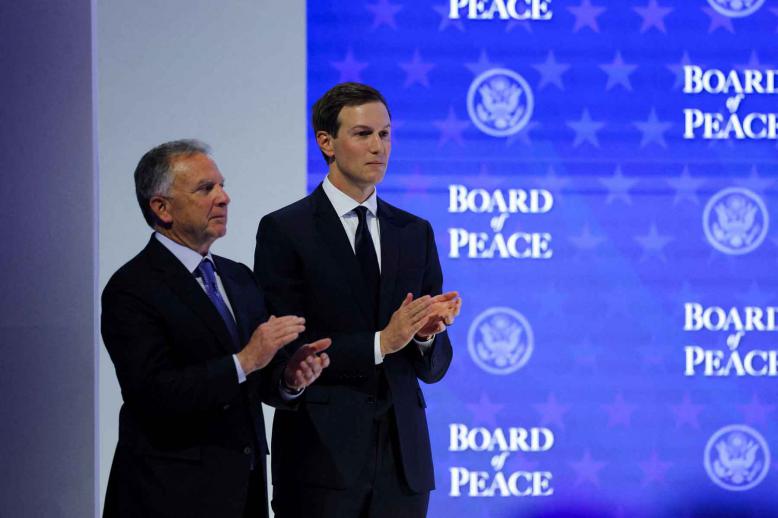Lebanese MPs meet as protesters look to maintain pressure
BEIRUT - Lebanon's parliament sat Tuesday in a conference hall to allow for social distancing between lawmakers amid the coronavirus pandemic, while outside anti-government protesters demonstrated in a car convoy.
As lawmakers wearing face masks arrived at the hall, known as the UNESCO palace, white uniformed paramedics sprayed them with disinfectant before they filed in one at a time through the gate. The staggered, three-day session is the first by parliament since Lebanon imposed a lockdown more than a month ago to limit the spread of the virus and after meetings that were scheduled last month were postponed.
The novel coronavirus has infected at least 677 people and killed 21 in Lebanon. As the country struggles with a battered economy, MPs approved a $120 million loan from the World Bank to help fight the viral outbreak.
MPs also approved the construction of a tunnel linking the capital Beirut to the eastern Bekaa Valley, which would allow drivers to bypass the dilapidated mountain road through which all traffic between the Bekaa and Lebanon's coastal regions currently passes through.
Also on the agenda of the three-day session were proposals for a divisive general amnesty, to legalise and regulate cannabis for medical use, and to lift immunity for ministers and lawmakers to allow prosecutions over alleged corruption.
Outside the venue, dozens of protesters drove a noisy convoy of cars covered in slogans, drivers honking their horns and passengers brandishing the national flag and leaning out of the windows in face masks. They defied a stay-at-home order to protest deteriorating living conditions and maintain pressure on a political elite under fire since mass protests erupted last October.
Cannabis legalisation
Lebanon is grappling with its worst economic crisis since the 1975-1990 civil war, compounded by the lockdown, and poverty has risen to 45 percent of the population according to official estimates.
The rallies lost some of their intensity after a new government took office in January, while demonstrators have mostly remained at home since the coronavirus lockdown started mid-March. But on Friday, hundreds also protested in the city of Tripoli to mark six months since the street movement started to demand an overhaul of a ruling class widely deemed inept and corrupt.
Among the 66 items on the agenda for lawmakers to discuss, legalising growing marijuana for medical purposes was expected to be approved by a majority. The cannabis industry has been estimated to be worth as much as $1 billion and could generate much-needed revenue for the indebted state's coffers.
Lebanon bans growing, selling and consuming cannabis, but its underground production in the country's east has developed over decades into an illicit multi-million-dollar industry with connections to the Iran-aligned political group Hezbollah.
Most of the country's marijuana is grown in the Bekaa, the heartland of Lebanese agriculture. A number of farmers in the region turned to growing cannabis, a drought-resistant crop, after an increase in droughts due to global warming made it difficult to keep cultivating vegetables and other produce native to the region.
Many farmers in the region suppport the legalisation of marijuana in Lebanon, but others warn that government intervention would eventually lead to the siphoning of revenues to corrupt politicians.
General amnesty
While a law on marijuana legalisation was expected to be passed, no consensus was in sight on the issue of a general amnesty to free thousands of detainees and to suspend arrest warrants for thousands more.
Supporters - which include pro-government Shiite movements Hezbollah and Amal as well as the opposition Sunni Future Movement - say an amnesty could lessen overcrowding in jails housing 9,000 prisoners during the coronavirus pandemic.
Future Movement leader and former Prime Minister Saad Hariri said on Twitter that the amnesty would exclude violent offenders and those arrested on terrorism charges, adding that some groups were opposed to the move "in a bid to sectarianize the issue because they think that they would gain popularity within their communities".
But the amnesty's detractors, including president Michel Aoun's Christian parliamentary bloc, also alleged that the bill was merely an attempt by its supporters to boost popular support. Very few members of Lebanon's hereditary political elite have been spared the ire of the protest movement that began in October 2019.
Some proponents of the move say that neither of the two bills on amnesty that will be put to a vote go far enough in addressing the structural problems of Lebanon's criminal justice system.
Nevertheless, the amnesty has long been a demand of the families of some 1,200 Islamist detainees, most of whom hail from the Sunni-majority city of Tripoli, where the Future Movement is dominant. They are accused of carrying out crimes including fighting and assaulting the army, taking part in clashes in the city, and planning explosives attacks.
Families have also clamoured for the release of thousands more detainees from the Bekaa Valley regions of Baalbek and Hermel, where Hezbollah and parliament speaker Nabih Berri's Amal are powerful. Most of these are accused of drug-linked crimes including growing and transporting marijuana illegally, or other offences such as stealing cars.






